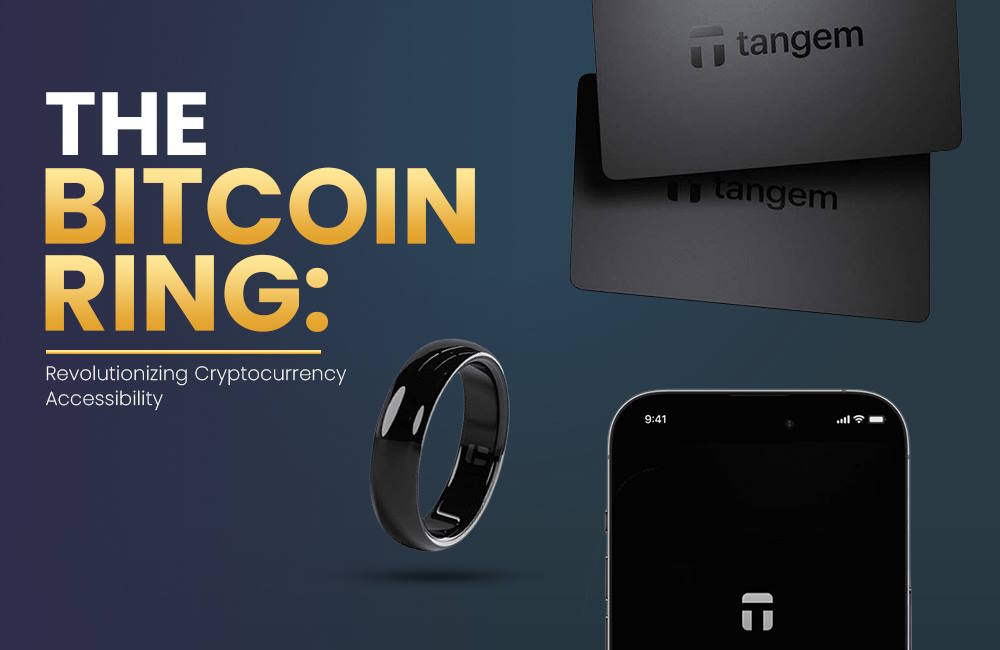
What we're talking about:
What Is A Bitcoin Wallet?
If you’ve ever considered buying bitcoin, you’ve probably heard or read that you need a wallet. Whether you’re looking to buy goods or services with it or you just want to invest in it, you’d still need to find a way to safely manage your digital asset. This is where Bitcoin wallets come in.
What Is a Bitcoin Wallet?
A Bitcoin wallet is an application or device that holds your user’s keys, allowing you to send and receive bitcoin. It is similar to having a physical wallet but rather than actually saving your bitcoin, it saves the cryptographic information needed to access your bitcoin.
Also, Bitcoin wallets work like debit cards. Every debit card has information associated with it including an account number and a password. The debit card doesn’t contain any money but simply stores the information needed to access your money. Similarly, Bitcoin wallets do not hold bitcoin but store the public address and private key, both of which are necessary for you to access your bitcoin.
Types of Bitcoin Wallets
As with physical wallets, Bitcoin wallets come in a range of styles, each having its attractions and drawbacks. All Bitcoin wallets can be largely grouped into two types:
Custodial Wallets
Custodial wallets are services offered by centralized organizations such as cryptocurrency exchanges. With this type of wallet, your private keys are stored by another party. In other words, you’re relinquishing control of your funds to the exchange while you only have to give them permission to send or receive payments on your behalf.
Non-custodial Wallets
In this model, you’re fully responsible for safeguarding and managing your funds. Non-custodial wallets offer complete control, which means you enjoy some level of anonymity and can carry out transactions without relying on a third-party.
Other categories of wallets include:
- Software Wallet: This refers to wallets that exist in the form of applications for mobile devices and desktops. When installed on your desktop or smartphone, they provide access to your crypto currency to make transactions, display your balance and much more.
- Hardware Wallet: Hardware wallets are devices on which you can store your private keys. They may resemble a USB drive or a calculator and theoretically cannot be accessed by a computer or from the internet. You can sign crypto transactions automatically by plugging in the hardware (usually via USB).
- Paper Wallet: Paper wallets refer to a physical document that contains public and private keys of a bitcoin holder. They’re usually printed in the form of QR codes so they can be scanned by a wallet app to make transactions.
What Type of Wallet Should I Use?
There’s no one-size-fits-all answer to this question since everyone’s situation is different. However, custodial wallet services offered by exchanges are usually what beginners choose because of the convenience and familiar online banking user experience they provide.
With convenience comes risk as you could be denied access to your funds for several reasons. One possibility is that the exchange may run into a financial crisis leading to its collapse. A recent example of such a downfall is Celsius Network, which negatively impacted its 1.7 million crypto customers by freezing all withdrawals and transfers.
If you’re unsure of the type of wallet that’s right for you, click on this link to find a Bitcoin wallet that meets your needs.
What we're talking about:







